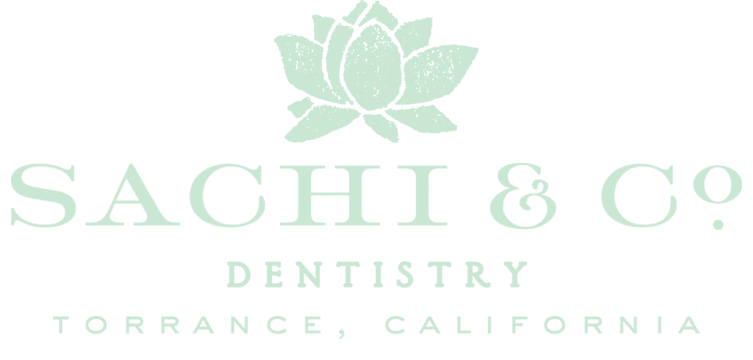Restorative Dentistry in Torrance
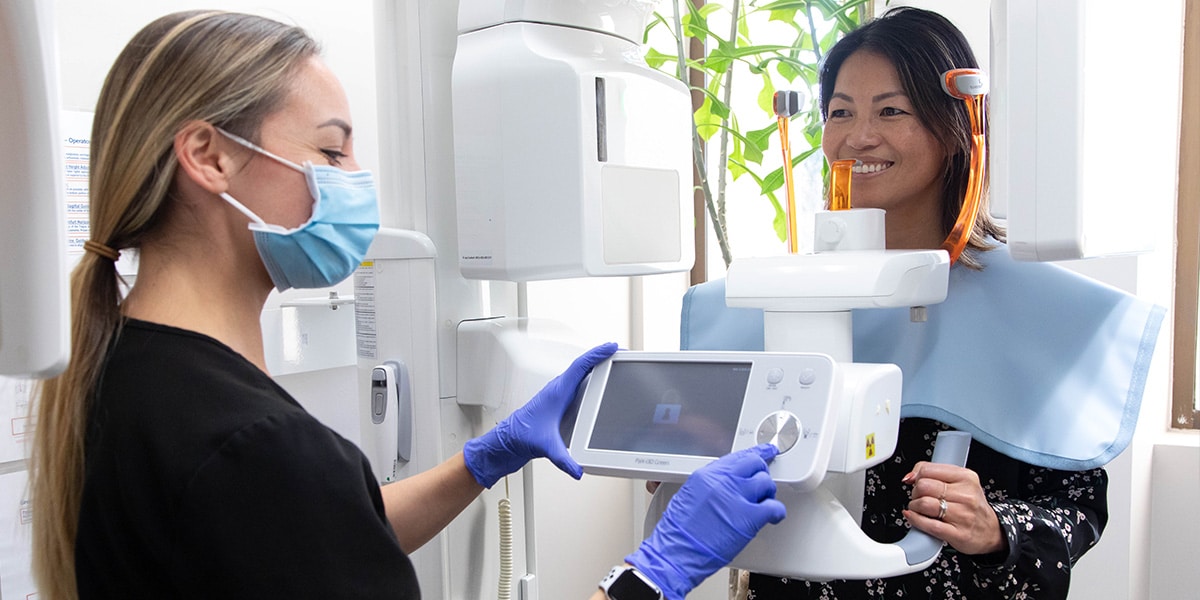
Sachi & Co. Dentistry provides restorative dental services in Torrance, CA. Call 310-530-9893 to learn more and schedule your appointment.
When a tooth is damaged or decayed, we use restorative dental treatments to restore their strength, function, health, and appearance. Our goal is to do everything we can to preserve your natural teeth, which is always the best possible outcome for your oral health.
The Biomimetic Approach
We take a biomimetic approach to restorative dentistry. This means that when we treat a damaged tooth, we seek to reconstruct it in a way that emulates its natural form and function. We remove only the damaged or decayed portions of a tooth, then bond restorations to the remaining healthy tooth structure. These restorations include stress-reduced direct composite restorations and porcelain and tooth colored inlays, onlays and crowns.
Composite Fillings
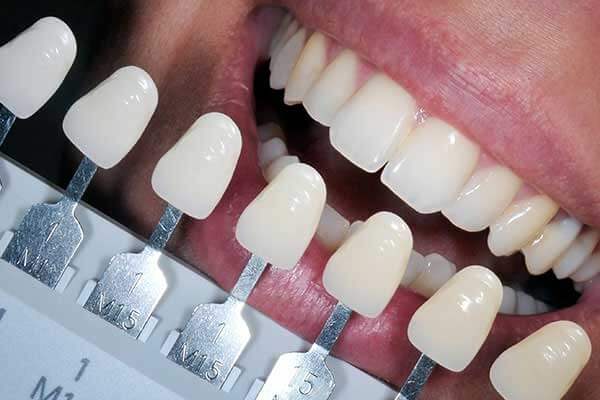
We use aesthetic composite fillings, sometimes known as white fillings, instead of silver for a more natural appearance. We are also equipped to safely remove silver fillings at our practice and then replace them with composite material.
Inlays and Onlays
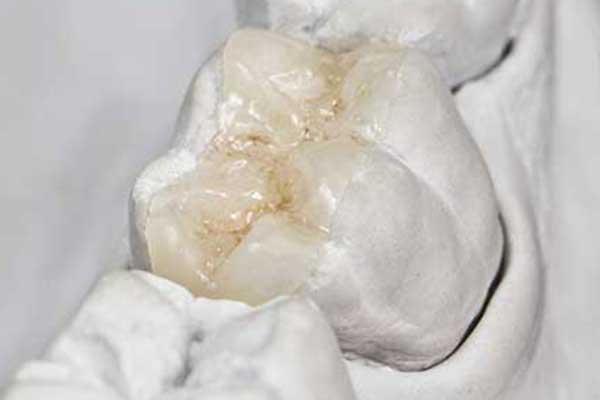
When a tooth has sustained more damage than can be repaired with a filling, but is not damaged enough for a crown, we use an inlay or an onlay to restore it. Also known as a partial crown, these restorations are fabricated in a laboratory and then bonded to the tooth, much like a traditional crown. They can be made of porcelain, other tooth colored materials or gold, depending on your preferences.
Crowns
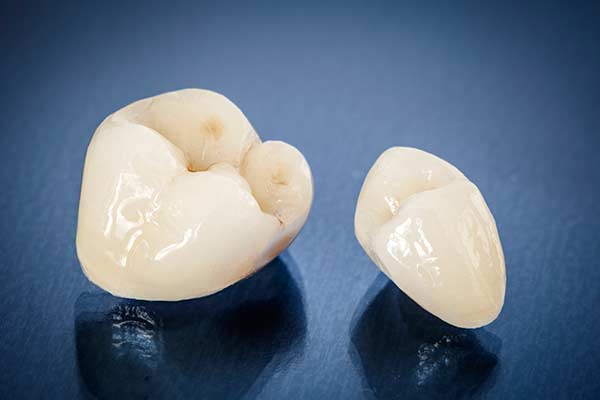
Teeth that have significant decay or damage can be restored with dental crowns. First, the damaged tooth structure is removed, then a crown is used to cover over and protect the healthy structure that remains. Crown restorations require two visits, one in which the tooth is prepared and impressions are taken, and a second in which the permanent crown is fitted. With your doctor, you can choose the type of crown you would like placed as there are many different materials that differ in strength, esthetics and other properties.
Dental Bridges
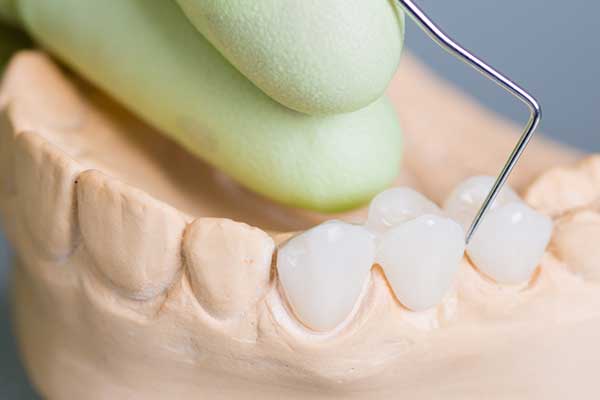
Bridges are a replacement for missing teeth that is supported by adjacent teeth or dental implants. There are a few different types of dental bridges, but the most common involves placing crowns on two adjacent teeth and using these to support the replacement teeth, or pontics. This option is cemented to the supporting teeth and offers a non-removable restoration.
Implant Restorations
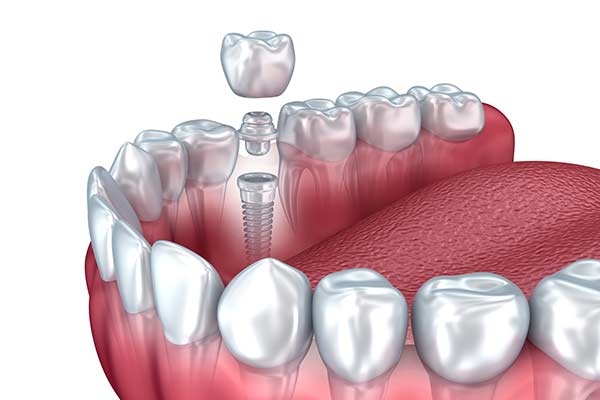
We offer many types of dental implant restorations, ranging from single-tooth implants to full dentures. These restorations all involve the surgical placement of one or more biocompatible metal posts into the jaw, abutments that are attached to the implants, and a restoration that is attached to the implants. Dental implants provide stability, strengthen the jaw, and are a long-lasting solution for missing teeth. Implants are often a great alternative to a dental bridge when you are missing one tooth.
Dentures
Dentures can be used to replace many or all missing teeth on an arch. When a denture replaces some of your teeth, it is called a partial denture. When it replaces all of your teeth, it is called a full denture. Removable partial dentures are not cemented to other teeth and need to be left out at night. Dentures can be full or partial, fixed or removable, and traditional or implant supported.
Frequently Asked Questions About Restorative Dentistry
Should silver fillings be removed?
Many patients opt to have their silver fillings removed because white fillings provide a more aesthetic restoration. Silver fillings contain mercury and although they are safe when stable, some patients prefer to replace them with other alternatives.
Is a bridge better than an implant?
Although every patient’s needs and circumstances are different, generally speaking, dental implants are preferable to bridges because dental implants prevent bone loss in the jaw and they don’t compromise the structures of healthy adjacent teeth. An implant can also allow the patient to floss between their teeth.
Is it painful to have a crown put on your tooth?
No, it’s not painful to have a crown placed. When your tooth is prepared for the crown, you will receive local anesthetic injections to ensure that you’re comfortable while we work. You may have some tenderness following the procedure and should call the office if it does not resolve shortly.
Call 310-530-9893 to schedule your appointment.
